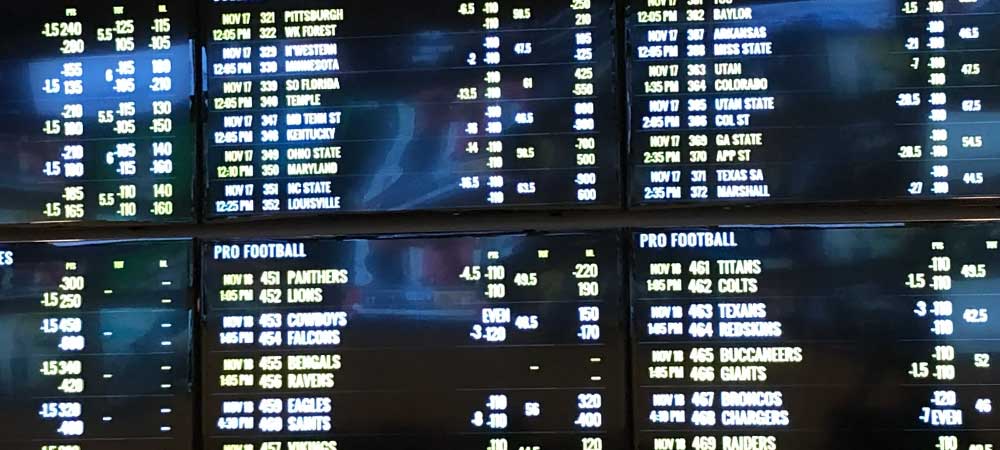- Native American Tribes in a large number of states are fighting sports betting legalization because it may threaten their casinos.
- Tribes are concerned about allowing sports betting on mobile devices.
- The Tribes could reduce revenue to states if non-tribal sports betting becomes legal in their state.
ST. PAUL. Minn. – Sports betting legalization is slowly moving across the United States. There are already six states that have passed sports gambling legalization into law, with legalization being discussed in more than 20 others. A slight hurdle to the legalization debates in various states is the Native American Tribe’s influence.
Tribal casinos are all over the U.S. With most offering sports gambling on their land through state-tribal compacts or other agreements previously made between them and the state. The result is, in some areas, a monopoly on sports gambling in that given state. Many state lawmakers looking to legalize sports gambling in their own state must address the Tribe’s gambling influence before moving forward.
“The tribes have a major-league seat at the table,” said Bill Pascrell III, a lobbyist for gambling interests seeking legalized sports betting across the country.
In some states, if the state wishes to move forward after gambling legalization with their own sportsbooks instead agreeing to tribal ones they may be in a pickle. Places like Florida and California don’t have sports betting bills introduced at all, however, due to the tribe’s strong influence politically.
There are also tribes like the Mohegan and Mashantucket Pequot who have sole rights to the casino gambling in Connecticut who are working with the state to add sportsbooks. The tribal influence is clear, however, in both instances.
There has been a great deal of good that has come from Tribal casinos in various states over the U.S.
While this conundrum may bring some unwanted friction between some states and tribal casinos throughout the U.S. In some past agreements with certain states tribes have agreed to share a portion of their casino's gambling revenue with the state. In places like Western North Carolina, this generosity is very helpful to the area.
“They’ve been incredibly good stewards of the revenue, and it’s transforming that community,” said Republican Sen. Jim Davis.
According to an Associated Press analysis, tribal governments have contributed more than $114 million to state-level candidates and political committees over the past decade, which makes sure they have access to lawmaker and governors through political contributions.
Native American Tribal casino influence is something that is going away no time soon. With sports gambling becoming an even more prevalent topic in today’s digital age the next step for the over 20 states mulling over sports gambling legislation is when sports gambling is becoming legal. While this may come to pass for most states, how that legalization may look in each state and for sports betting in Minnesota may change depending on how the tribal casinos react.
etting-legalization

